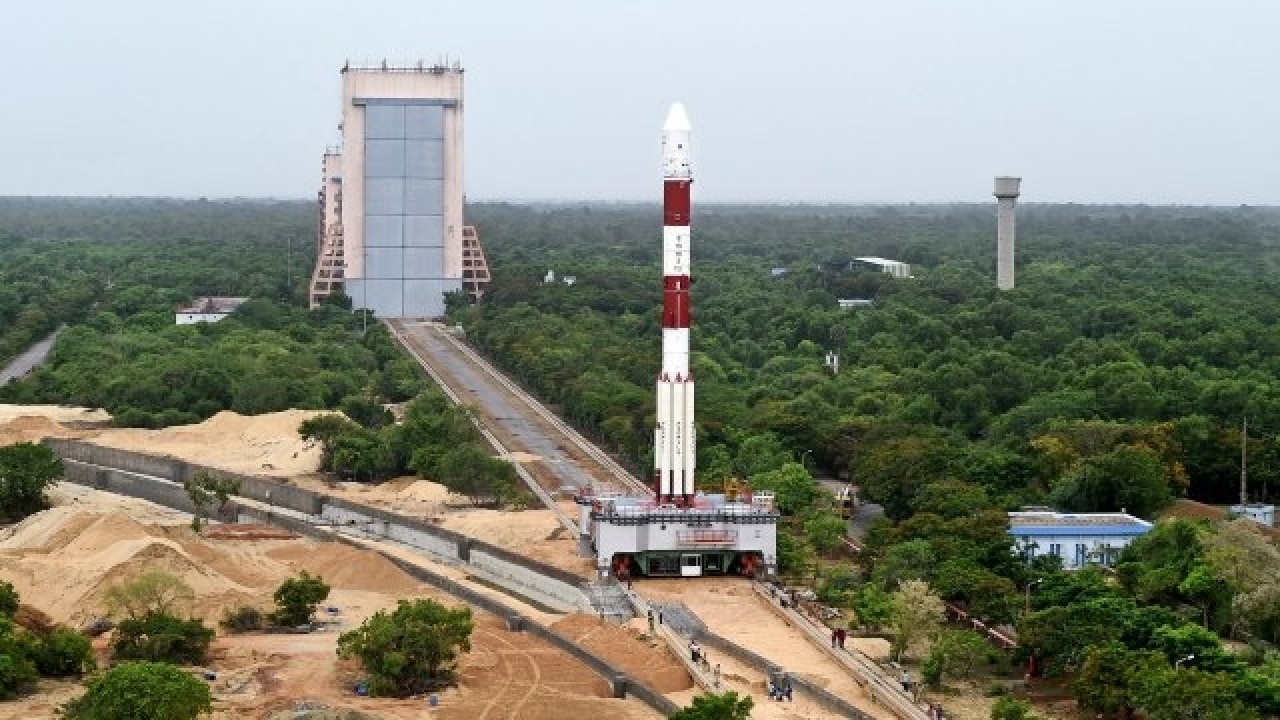
With the recent launch, the Indian Space Research Organisation (ISRO) successfully placed into orbit 17 US commercial small satellites, one of them belonging to Google. Later this year, it will launch another two. Given the low-cost launch requirements of US small satellite companies, the absence of a relevant launch vehicle in the domestic market and the overall political relations between the US and India, it is imperative for the former to reassess its restriction on India’s Polar Satellite Launch Vehicle (PSLV). The small satellite industry relies on the Cubesat standard and develops satellites using commercial-off-the-shelf components. To keep the low cost strategy intact, this industry requires low-cost launch vehicles to deploy them in orbit. The Falcon 1 launch vehicle from SpaceX flickered as the response but its production was discontinued as the company moved into the domain of bigger launch vehicles. Orbital ATK has been lobbying the US government to extend the use of its rockets which uses ICBM motors to this market. But the government is yet to make a final decision on this proposal.
Piggybacking on the primary bigger satellites being flown on currently available US launchers has its own set of problems in terms of the availability of space, launch frequency and time constraints. As domestic options recede, the PSLV emerged the most reliable, cost effective option to the US small satellite industry. But the US government has imposed restriction on flying American commercial satellites on board the PSLV requiring the small satellite developers to obtain waivers before launch. The US government argues that India’s reluctance to sign a Commercial Space Launch Agreement (CSLA) that ensures free-market principles and fair pricing is leading to this restriction.
As this impasse continues, the American launch industry successfully lobbied the Commercial Space Transportation Advisory Committee to recommend continuation of restriction on the PSLV to Federal Aviation Administration that licenses launches of US satellites or components.
While the small satellite developers continue to face hurdles on the home front, India has initiated measures to convince the US government to remove the restriction on its launch vehicle. In addition to proposing changes to the provisions in a draft CSLA, ISRO has also initiated steps to help shed the fears of ‘government-subsidised’ pricing on the PSLV by commercialising it.
The ISRO is also experimenting with the reignition capability of the PSLV final stage in outer space enabling it to reach multiple orbits in a single launch. It will allow diversification of customers as well as satisfying various mission requirements. Overall, the ISRO stands to offer diverse low-cost launch alternatives in the near future with active involvement of India’s commercial space industry.
The author is a researcher in the Nuclear and Space Policy Initiative of the ORF